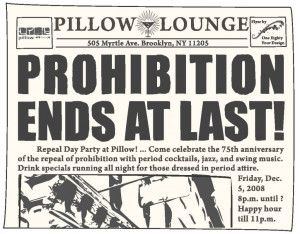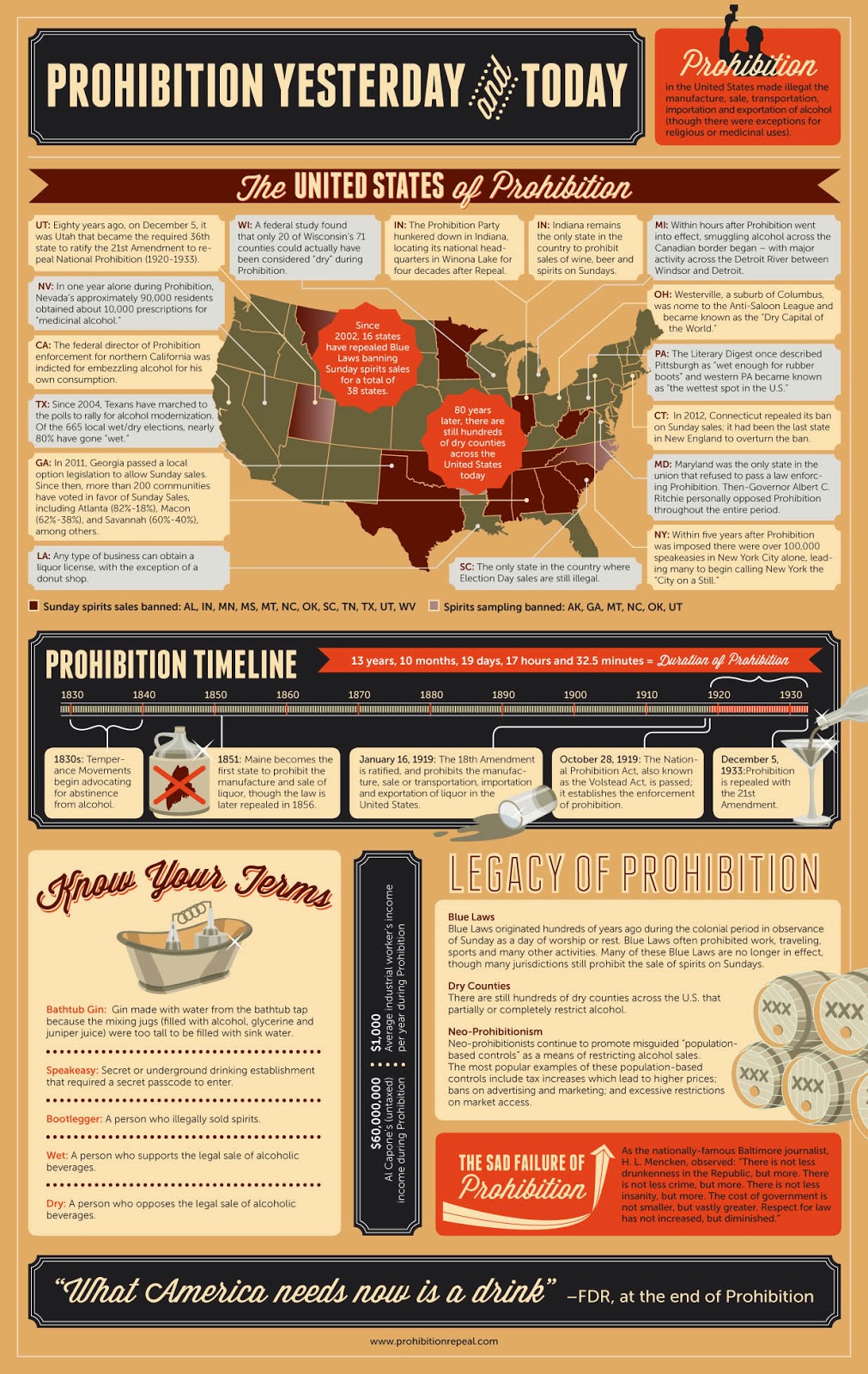
"Given that you couldn't collect much revenue from a liquor tax in a nation where there was no liquor, this might have seemed an insurmountable problem for the Prohibition movement. "By 1910 the federal government was drawing more than $200 million a year from the bottle and the keg – 71 percent of all internal revenue, and more than 30 percent of federal revenue overall," he writes. Okrent's tale of how Prohibition and its repeal were intertwined with tax policy is fascinating and will be unfamiliar even to many of those who think they know a lot about taxes already.

It also bears on at least two themes we write about regularly here – taxes and the influence of religion on views of capitalism. It's a colorful narrative that conveys what life was life under the federal ban on alcohol.

Daniel Okrent has written a lively new history of Prohibition, Last Call.


 0 kommentar(er)
0 kommentar(er)
